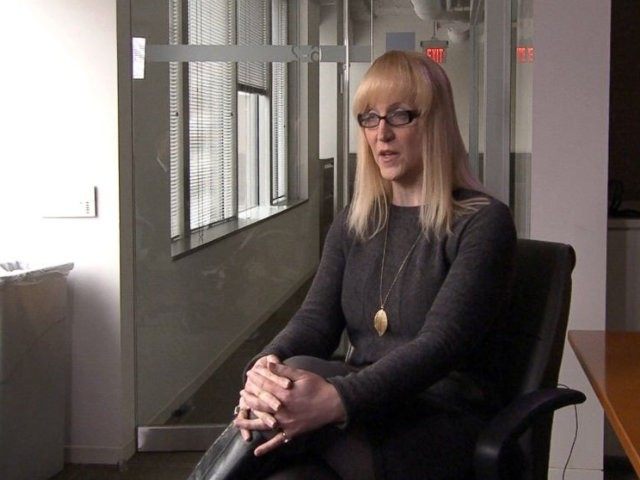Out transgender recruits want to serve openly in the U.S. military, as they do in a number of allied armed forces. It is a subject under active consideration within the Department of Defense, and something supported by a coalition of transgender military personnel and their supporters in the Democratic Party.
Top brass, however, are pushing back, according to the Associated Press. Newly confirmed Secretary of Defense Ashton Carter apparently told troops in Afghanistan that he “was open-minded” about the proposition. “But defense officials said members of his top brass told Carter that they had serious reservations,” reports the AP.
Some say there are 15,000 transgender Americans now serving in the U.S. military, though this has not been confirmed. Last October, transgender military personnel held a conference in Washington, DC that featured transgender military personnel from around the world.
The Washington Post featured one of the conference speakers. Sage Fox, who wears a woman’s uniform, has taken hormone treatments to “soften” his features, grown out his hair, and insists upon being called “ma’am.” According to the Post, he is allowed to serve this way and requests to call him “’sir’ were shot down.”
One of the overarching issues with transgender servicemen is what bathroom facilities they are to use. It is an issue that is roiling state legislatures, city councils, and even grade schools around the country. The use of gendered bathrooms by those others consider to be of a gender they refuse to identify with would obviously be an issue in the military, and it is one of the issues the AP reports that have concerned military leaders.
There is also the nettlesome issue of who may pay for expensive hormone treatment to grow breasts and the expensive surgery to remove penises and testicles and to excavate “vaginas.” According to experts, 90% of transgender people in the military are men who identify as female. A report issued to the conference last fall said the cost of such procedures range from $15,000 to $50,000. The average cost is $30,000, an extra burden which would fall on taxpayers.
Expert Dr. Paul McHugh, who ran the psychiatric unit at Johns Hopkins University for many years, says the desire to be another sex is evidence of a mental disorder that calls out for treatment and not surgery, though the psychiatric establishment disagrees. In fact, one of the most extensive studies ever done about the mental health of post-op transsexuals, carried out in Sweden, shows a dramatically increased incidence of suicide.
Follow Austin Ruse on Twitter @austinruse.

COMMENTS
Please let us know if you're having issues with commenting.